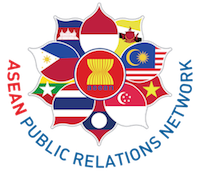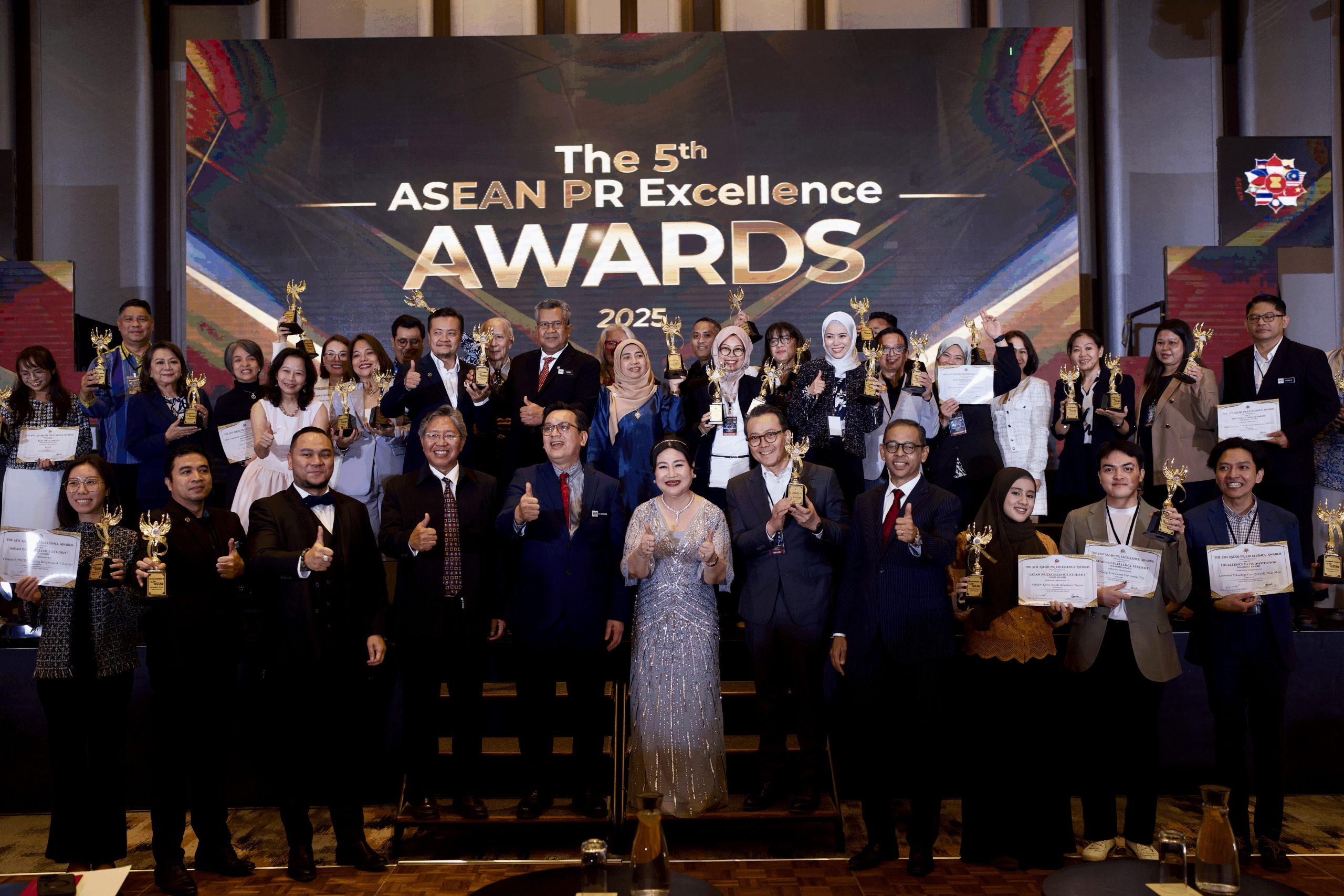Much has been said about the kind of leaders we elect and the kind of voters we have. In every election cycle, we just cannot find the “ideal” candidate we want; short of saying the best of the lot is not enough. Why? Because the best just do not like politics and our system of politics do not even allow the best to reach first base. The sooner we accept this, the better for our democracy.
Are we therefore saying we are resigned to a second rate leader? No, we are not. It is just that the reality of the situation is that politics is expensive, only very few can afford it and those who afford it do not win, take the case of a Danding Cojuangco and Manny Villar. Those supported and backed by incumbent machineries do not win, such as Monching Mitra, JDV and to a certain degree, Gibo Teodoro.
So, are we searching for a saint? Politics, whether in Manila and foreign capitals, is a blood sport and saints just can’t make it pass the starting line. Saints and politics are said to be oxymoronic. The holier than though attitude is laughed at since it just can’t exist in the realm of politics. And yet we continue to look for that DNA when we know the holier than though type will not have the gumption to deliver what is expected because of the very system ingrained in our political life. That system emanates from your binyag, kasal, and patay expectations of our leaders. It also emanates from the very feudal societal structures that still permeate and the compadrazgo system that continue to rule our personal and public lives.
Our political system produces the kind of candidates or leaders that can exist in such a sordid state. A saint can’t last three months in this high octane state of our politics. A saint can even result in administrative delay or implementation paralysis. So at best we look for someone authentic. But how can one look for authenticity in politics? Voters resent mainstream politicians and detest heavily managed candidates, use of “spin doctors, focus groups and the use of vacuous and scripted language.” They want less of an insider (which may not necessarily be good) or mainstream and more of an outsider or anti-establishment (but an outsider is hard up dealing with established political power groups).
The biggest phrase we often hear is that “you are all the same.” It has been said, “the premium currency that politicians should be looking to trade in these days is authenticity, and that means using stories and experiences to convey the message, not parroting slogans. It’s about showing character, imagination and a deeper understanding of people’s lives.”
Voters don’t expect you to agree with them, or the interviewer, every time and “showing a robust sense of your own convictions is often rewarded rather than trying to kowtow to the audience. The one thing we all know is that the public sniff out artifice pretty quickly which is why some pols pledge to under-promise and over-deliver.”
What do we mean when we say somebody is an authentic person, or a very genuine person? Personal authenticity is often defined as “being true and honest with oneself and others, having a credibility in one’s words and behavior, and an absence of pretense. Its meaning is then often clarified by contrasting it to inauthenticity, like comparing light to darkness; evil to honesty; or empathy to perceived care.
And even then authenticity does not always produce the results voters are hoping for. Take a look at Jose Mujica of Uruguay. Mujica is generally considered to have been one of the most authentic politicians of modern times. “Having won the presidency in 2010 he turned down the chance to live in the presidential palace, staying instead in his modest home on the outskirts of Montevideo. A revolutionary fighter who spent over a decade in prison, Mujica stayed true to many of his ideals, giving away 90 percent of his presidential salary. But even some of President Mujica’s allies said that their leader’s undimmed idealism did not turn into as many practical reforms as they had hoped for. And for all Mujica’s impassioned and heartfelt denunciations of consumerism, most Uruguayans were just as materialistic at the end of his term in office as they were at the start.”
Many admire authentic politicians. But those who stay true to their beliefs and manage to win power still face the challenge of turning their ideas into implementable policy. Can authentic politicians deliver where it matters most?
On the 24-25 of September, the Public Relations Society will have its 22nd National PR Congress with the theme “PR Basic Instinct (Now Showing).” The basic instinct of companies actually saves the day for them in a crisis. One goes back to the core in a crisis. One uses the core brand to rescue oneself in a challenging situation that calls for shareholders to hold on the bluest chip – the authentic self.
From such authenticity, reputations are molded, brands built and become great as tested by fire. Inform, influence, involve, instinct are what sets companies apart during crises. But one cannot inform, influence and be involved unless the instinct is authentic.
A brand; a company, conglomerate or entrepreneur; a candidate and a leader need to be authentic. As has been said, “to thine own self be true.”






